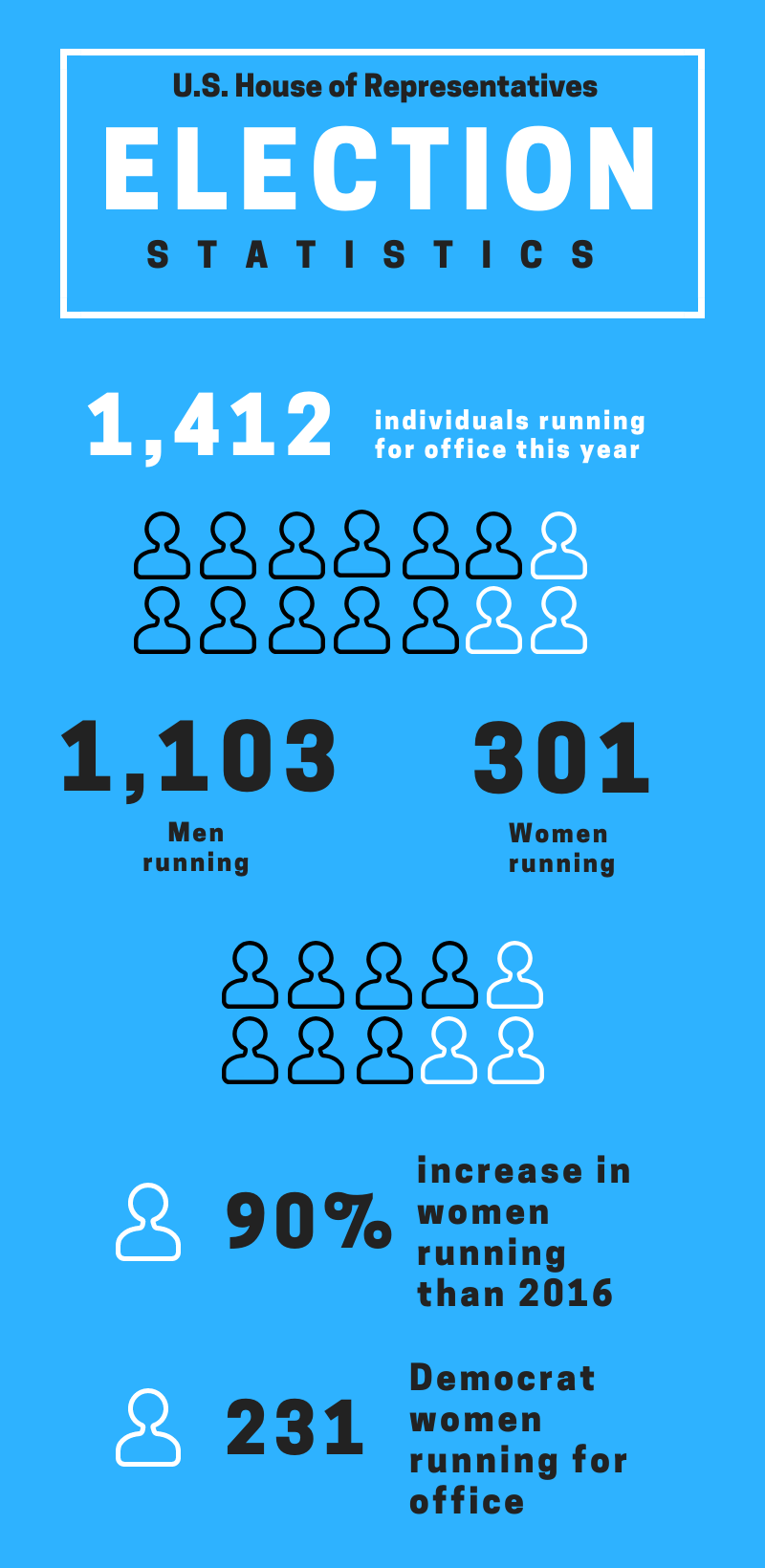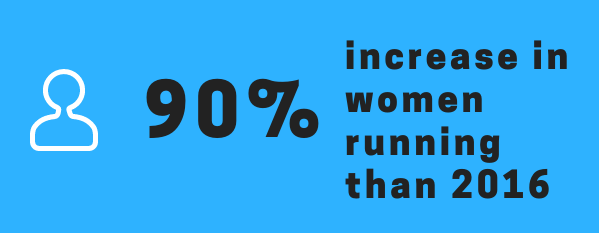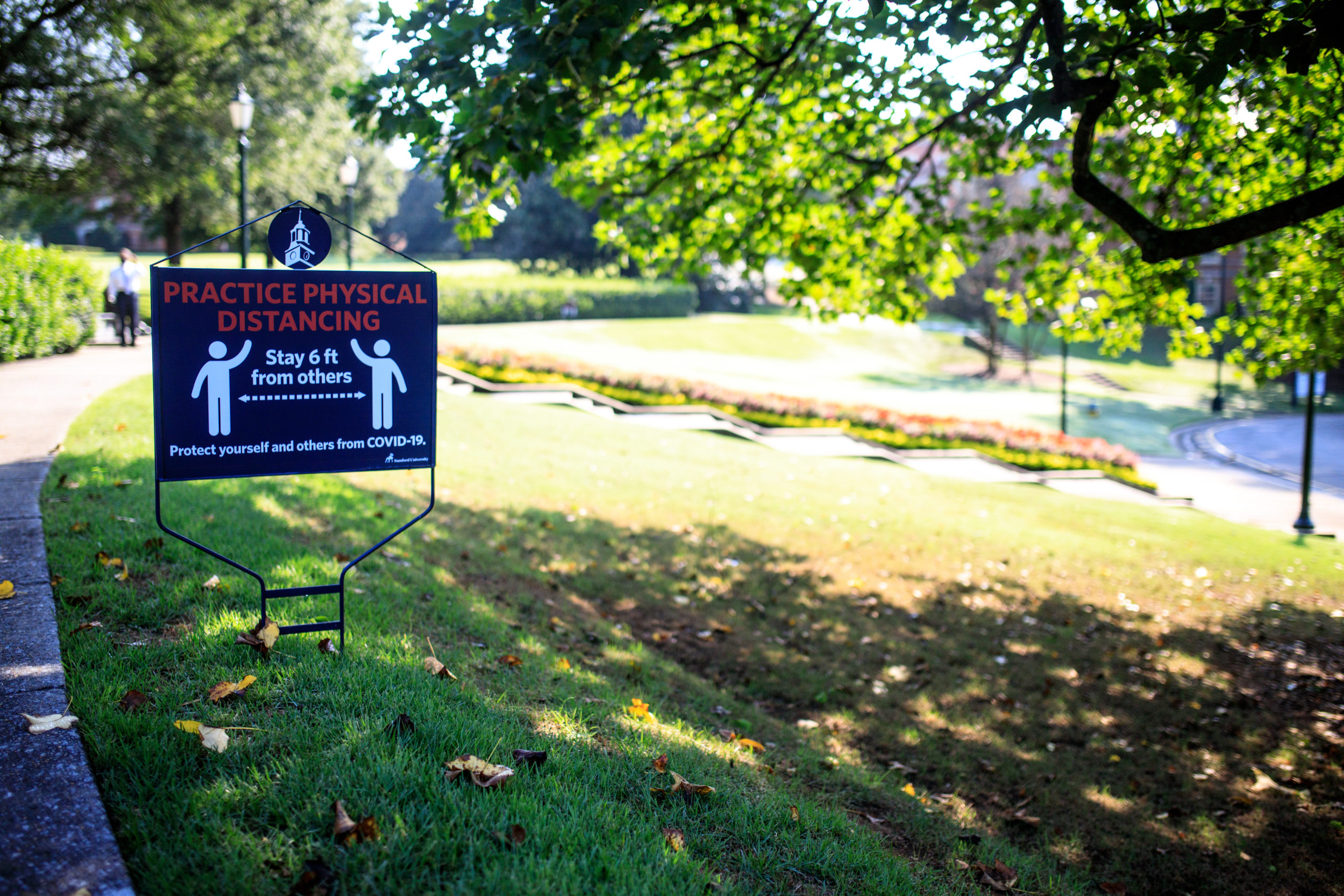A record number of women candidates will be on the ballot during the 2018 U.S. midterm elections.
According to the Rutger Center for American Women and Politics, 309 women have filed to run for the U.S. House of Representatives. The number of women candidates has spiked 90 percent since the 2016 midterm elections.
Besides women, 20 millennial Democratic candidates are also running for the U.S. House.
Samford political science professor Marissa Grayson weighed in on this trend.
Even as women and millennial candidates have surged, Grayson said more candidates overall, both men and women, are running compared to previous midterm elections.
The Rutger Center for American Women and Politics also reported that 1,103 men are running. All together, 1,412 candidates are competing for U.S. House seats.
Most of the women running are Democrats. Of the 309 women, 231 are Democrats. According to Grayson, President Donald Trump has caused this uptick in Democratic women candidates.
These women disagree with Trump’s policies and disprove of how he speaks about women.
Besides Trump, Grayson said the #MeToo movement has inspired women to run for office.
“Many women have embraced the #Metoo movement and used it as a reason for women to serve in political leadership roles,” she said.
According to Grayson, studies suggest many of these women are seeking these political roles because they feel the government has ignored their concerns. Democratic women especially feel this way and consequently, their trust in the government has plummeted.
By seeking office, these women candidates hope to shift Congress’s priorities.
“In general, women, by running, are trying to change what issues are focused on by the legislature,” she said.
A Brooking Institute study indicates men and women candidates generally prioritize different issues.
“Issues such as guns and K-12 education, tend to be prioritized by female candidates whereas male candidates focus more on taxes,” she said.
Samford student Isaac Dewitt, a political science major, offered his perspective on millennial candidates.
Dewitt is a member of Samford’s College Democrats and has worked with Alabama’s Democratic Party since 2015.
Besides Democratic women, Dewitt said many millennials also feel ignored by both the Republican and Democratic parties.
“The people that run the parties don’t know how to connect, for the most part, with people our age. They’re so entrenched in how the parties used to operate before social media,” he said.
According to Dewitt, social media has created a generational gap between the Democratic Party’s older and younger members. Dewitt said millennials engage politics differently than previous generations. Besides party involvement, they also discuss politics among themselves online.
However, Dewitt said social media can both promote and hinder activism. People may only contribute online and avoid other activism such as community involvement.
“Social media can be a good and bad. It’s easier for people to do things over social media than actually be active,” he said. “Everybody is using it to push a message, especially people our age, but we can’t let that be the only thing we do.”
For example, Dewitt said Parkland students directly engaged with their community and politicians after the shooting.
“That motivated an entire localized group of young individuals to go into political advocacy,” he said.
The Parkland students also demonstrated many millennials care about politics, but many millennials are also searching for relatable politicians that understand their concerns.
With 20 Democratic millennial candidates running in the midterms, Dewitt said he hopes millennials’ concerns will be addressed more.
“With those people running, our generation is going to feel more represented. We can identify with elected officials more if they that look like us and have the same ideas as us,” he said.
Dewitt said the Democratic Party should also better represent millennials by updating their political platform. Bernie Sanders’ more liberal platform was popular among many younger Democratic voters.
“Bernie Sanders’ campaign showed they need to move their platform, both the general and national platforms, more to the left in some areas,” he said.
Besides America’s major political parties, Dewitt said many millennials are also frustrated with Congress’s divisions and ineffectiveness. Too often, Democrats and Republicans demonize each other to win elections.
“The polarization is 100 percent real. We see so much distrust and disarray in our government,” he said. “There can be vast differences in opinion, but people want to see something actually work,” he said.
Dewitt said divisions exist and that government is naturally contentious. However, political extremes shouldn’t always dominate. From Dewitt’s view, bipartisanship should drive government.
“The American people are vastly diverse. It’s supposed to be hard to pass things but that’s why parties should work together and meet in the middle,” he said.
William Marlow, News Editor






